


Sixth Form Guide & Choices 2025 - 2027
IB Career-related & Diploma Programmes










Sixth Form Guide & Choices 2025 - 2027
IB Career-related & Diploma Programmes






Entering the Sixth Form at St Leonards is one of the most exciting steps you will take. You will be expected to aspire to the highest of standards, and as you experience a greater sense of freedom you will also shoulder more responsibility. Under our guidance, you will learn to organise your time effectively and become a responsible young adult, ready for the demands of the wider world. Over the next two years, we will help you make unquestionable progress in your learning. When making your choices, keep your options open for future study and for your career. Take advice from your parents, teachers and friends – though in the end remember it is your choice, and that you will do better at a subject that you enjoy. Remember that education is preparation for life in its fullest sense, as well as for university, vocations and careers.
A St Leonards Sixth Form education is about far more than academic results; you are joining a global community of pupils with a commitment to making a difference in the world. There are two curriculum pathways in the Sixth Form at St Leonards: the International Baccalaureate Career-related Programme (CP) and Diploma Programme (DP), both of which are globally-recognised qualifications centred on the International Baccalaureate Learner Profile which equip students with the skills and interests required to succeed in today’s ever-changing world. Further information about both pathways is contained in the pages that follow.
The Sixth Form at St Leonards is a unique opportunity to live and learn in the safe, secure environment of a traditional yet forward-thinking school, whilst experiencing more independence and responsibility. The St Leonards Sixth Form will reward you with one of the world’s most eminent qualifications, setting you up for success for life, Ad Vitam.
Pupils at St Leonards aspire to be: Inquirers • Knowledgeable
Caring
Thinkers
Communicators
Balanced
Principled
Reflective

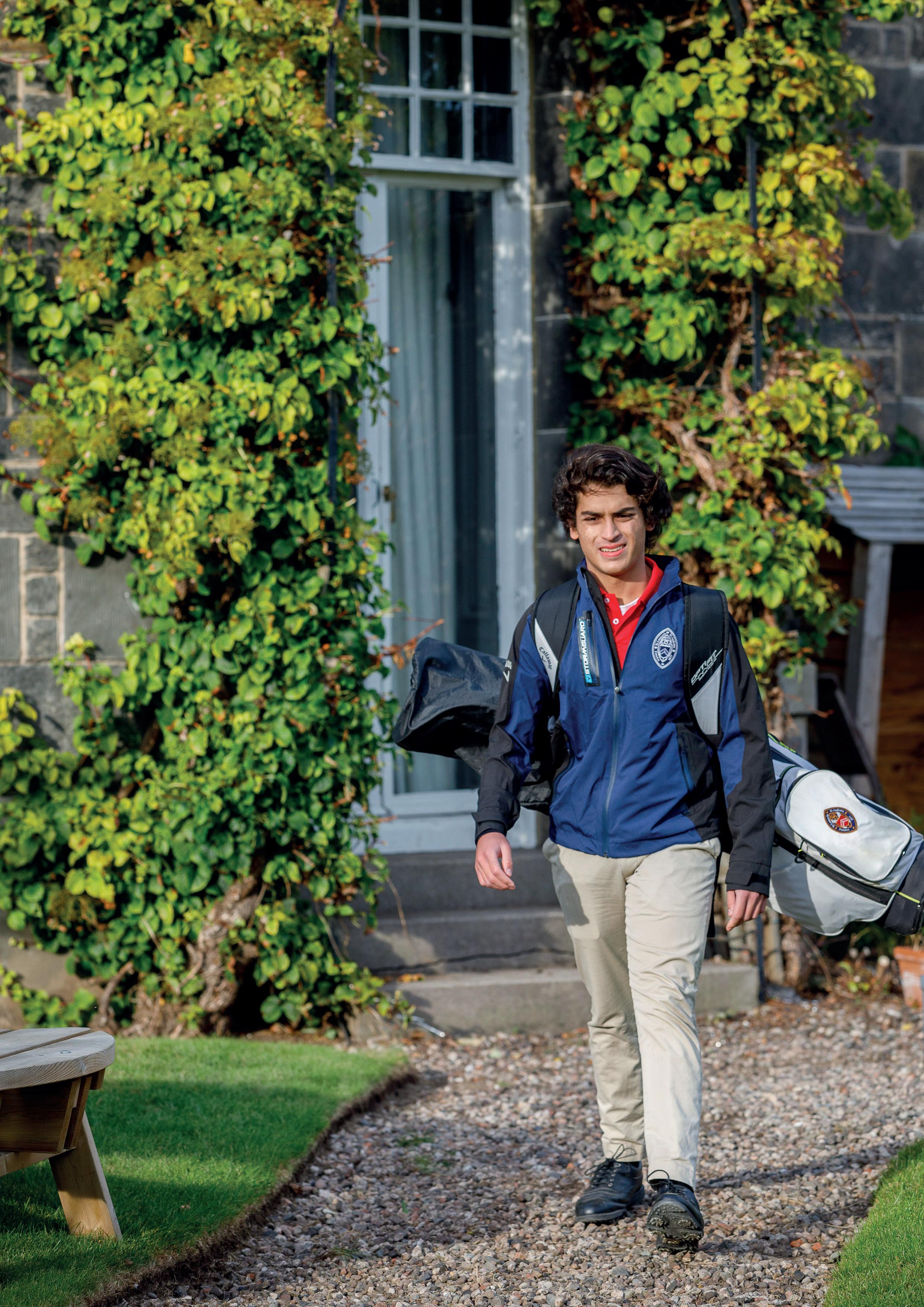
• With everything from hockey to rugby, volleyball, fitness, golf and yoga, there is a wide range of sports on offer to Sixth Form pupils at St Leonards. Pupils may also choose to participate in the Duke of Edinburgh Award scheme.
• Careers education is central to our Sixth Form programme, with experienced staff on hand to support pupils throughout the process from research to application.

• St Leonards Enterprise Programme – pupils have the opportunity to experience the challenge of setting up their own business, producing, marketing and selling their product over the course of Year 12.
• Trinity Guildhall and individual music lessons, as well as the opportunity to take part in a wide range of choirs, ensembles and productions.
• The Head of Support for Learning works closely with the Sixth Form Leadership Team to ensure that the needs of students eligible for special access arrangements are met. Individual support lessons are also available at an additional cost for the relevant pupils.

• There is an exciting programme of trips and excursions for Sixth Formers: exploring Iceland, Biology and ESS field trips to Blencathra, and more.
• A vibrant and internationally-minded community with students from over 30 nationalities. The students forge friendships which last a lifetime.
• Queen Mary’s Library is the perfect place for students to have academic study support and to enjoy a relaxed working environment.
• An experienced and supportive Sixth Form team, who are on hand every step of the way for advice and guidance about university applications, vocational pathways and the world of work. Pupils go on to a range of top UK and international destinations, with typically one third choosing to study in Scotland, one third elsewhere in the UK, and one third abroad. Degree subjects span all disciplines, from Medicine to Law, Architecture, Engineering and Languages.
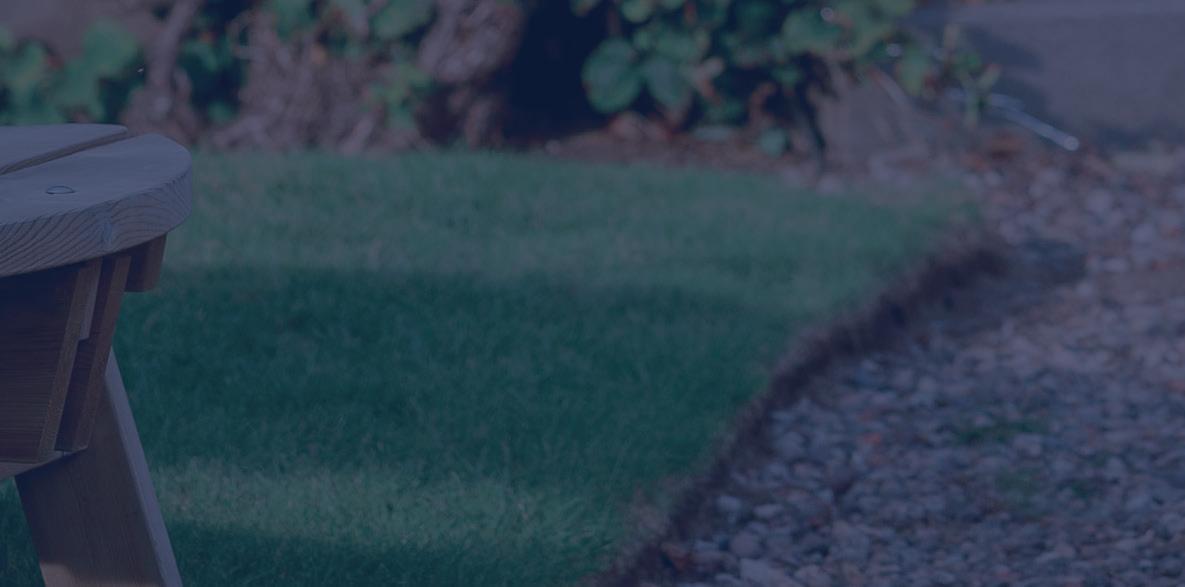

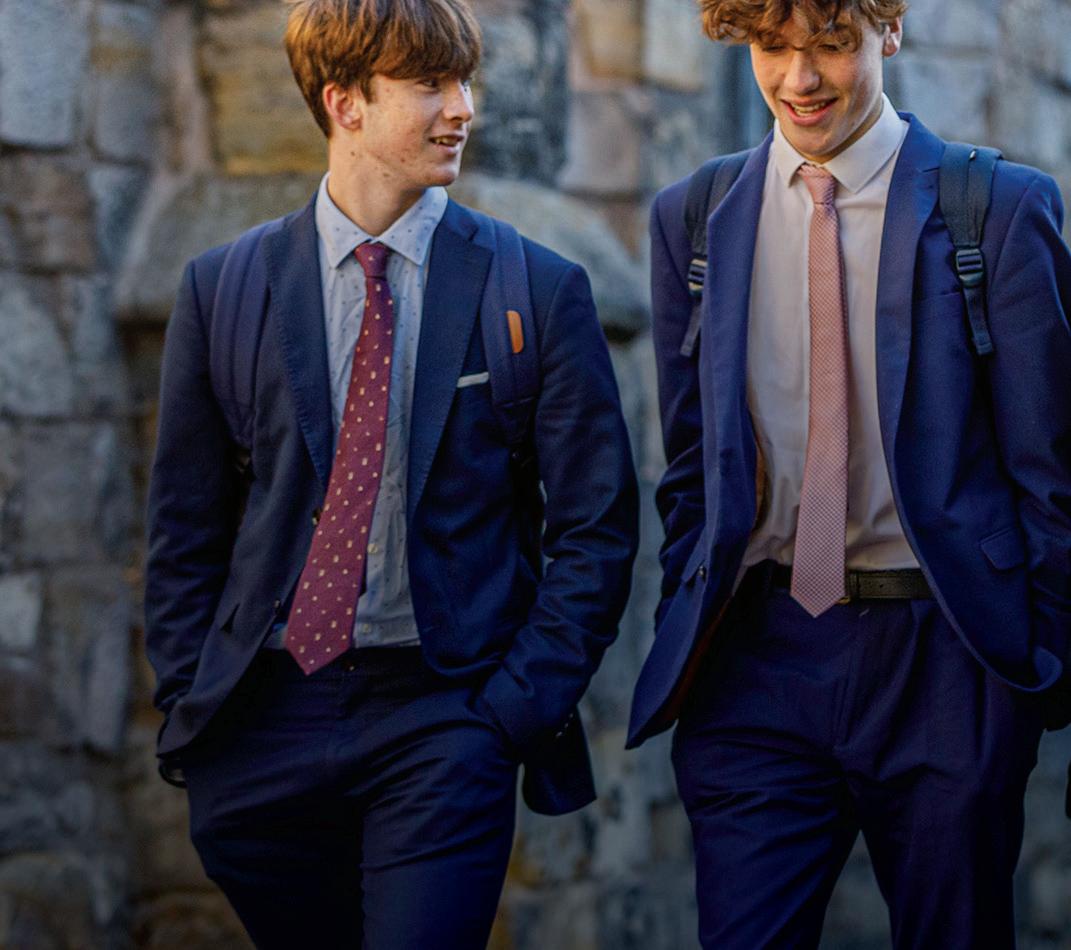
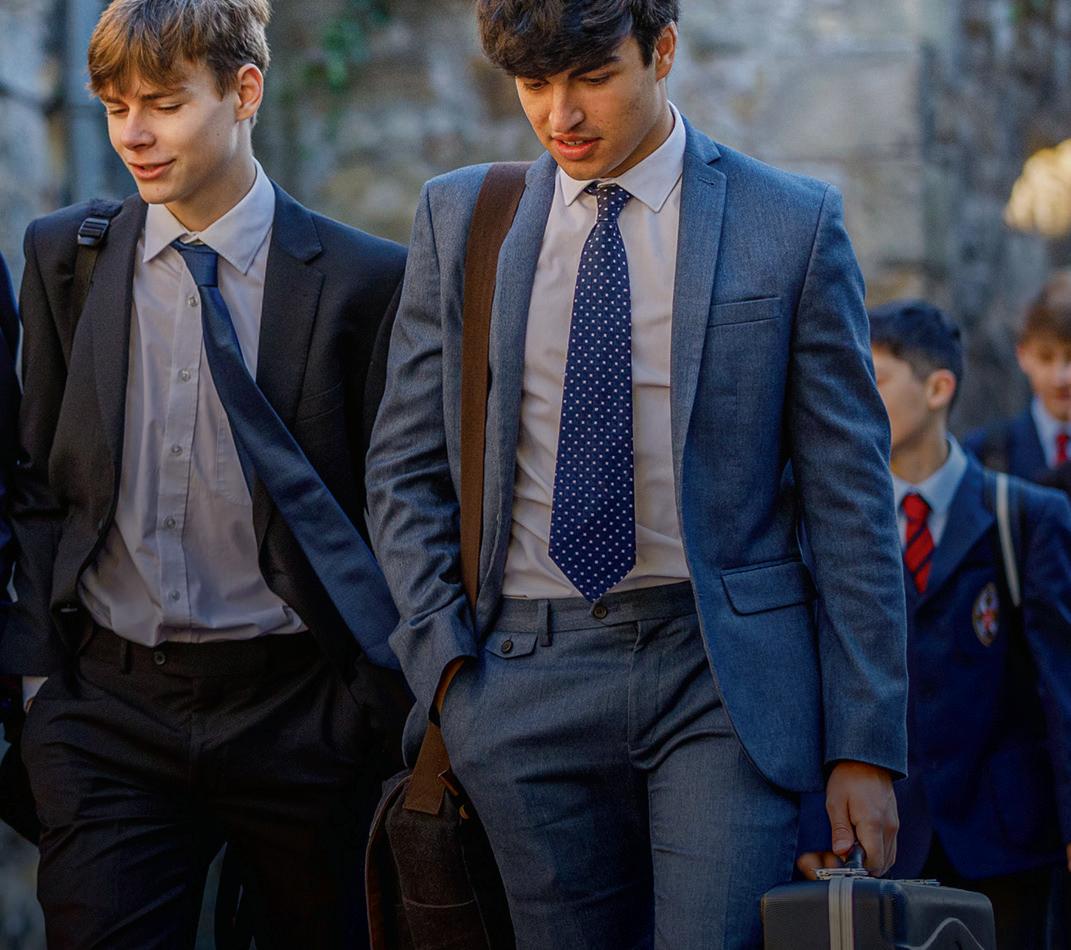

What is the Diploma Programme (DP)?
• Depth and breadth of knowledge – science, mathematics, literature, language and humanities are all integral parts of the curriculum. Students study six subjects, three at Higher Level (HL) and three at Standard Level (SL).
• Global perspective – pupils are encouraged to develop international-mindedness and to make a meaningful difference in their local and global communities.
• Self-directed inquiry – pupils develop time management, team working, organisational and leadership skills.
• Critical thinking – the best preparation for university-level study.
• Creativity, activity and service – a holistic approach to developing the whole person.
At the heart of the IB Diploma Programme are three core elements which permeate every aspect of the curriculum: Theory of Knowledge; the Extended Essay; and Creativity, Action and Service. These courses equip students with the ability to think ethically and logically, to write critically and apply scholarly research skills, and to apply what you’ve learned outside the classroom.
Extended Essay (EE)
An independent research project into a topic of particular interest that culminates in a 4,000 word essay – excellent preparation for university-level study.
Theory of Knowledge (TOK)
This course explores the relationship between the curricular disciplines, and helps students to engage in critical reflection and analysis of the knowledge acquired within and beyond the classroom. Students examine what they know and how they know it. Do you believe something simply because we have been told it is true?
If not, how can we test the truth of what we are told so that we know it is reliable? The course is assessed through exhibition presentations and a written paper – but, first and foremost, the skills and competencies developed through TOK help students to excel across the curriculum and foster stimulating conversations.
Creativity, Activity, Service (CAS)
CAS helps students to develop as rounded individuals and encourages them to become involved in all aspects of school life. The programme is tailored to the interests, skills and aspirations of each individual, and students submit a portfolio to demonstrate their engagement, which integrates interviews, reflections and learning experiences. By embracing new challenges and sustaining engagement in a variety of areas of school life, students develop confidence, commitment and competencies which set them apart from other university applicants, and which ultimately prepare them for life.
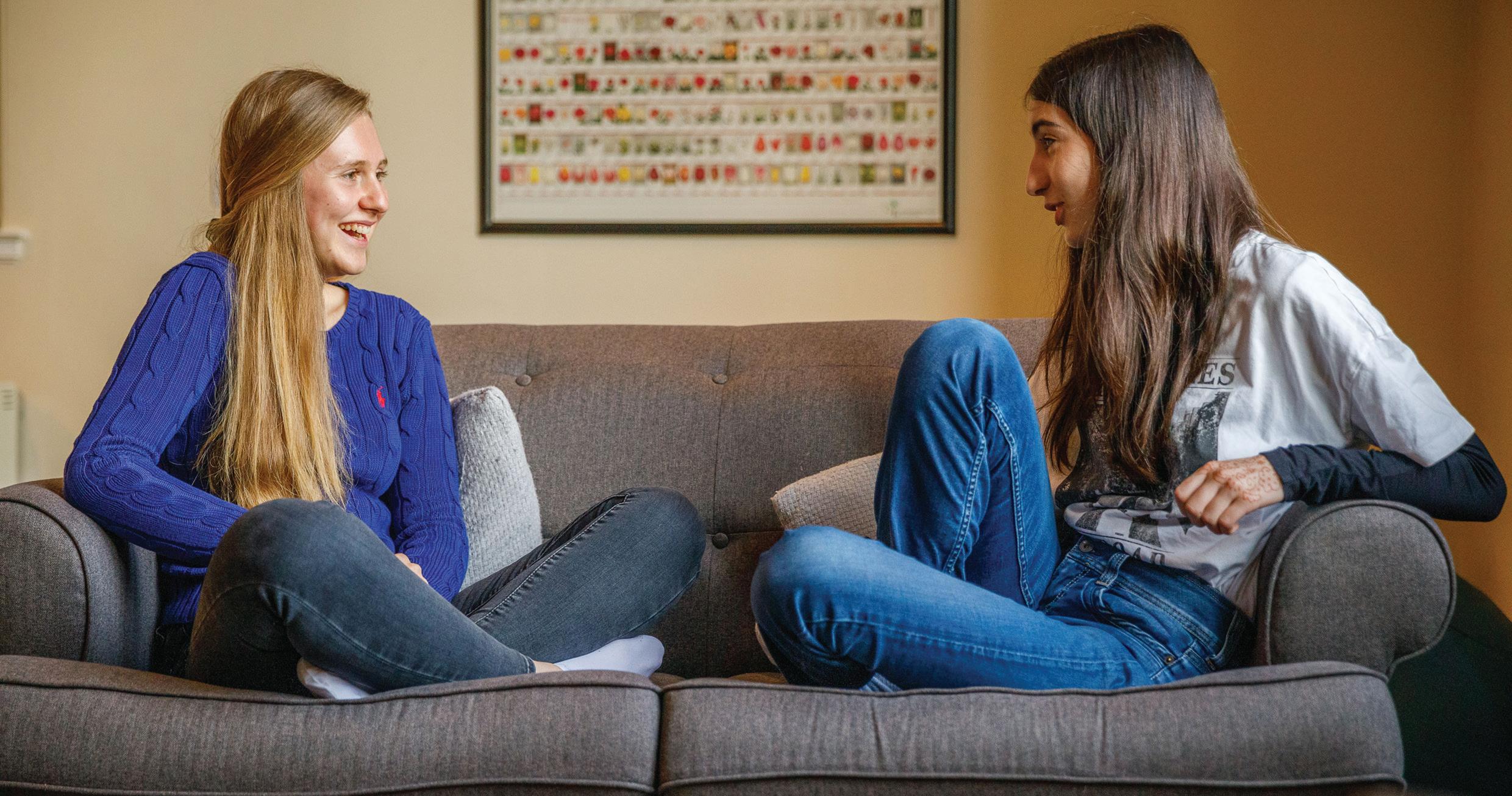



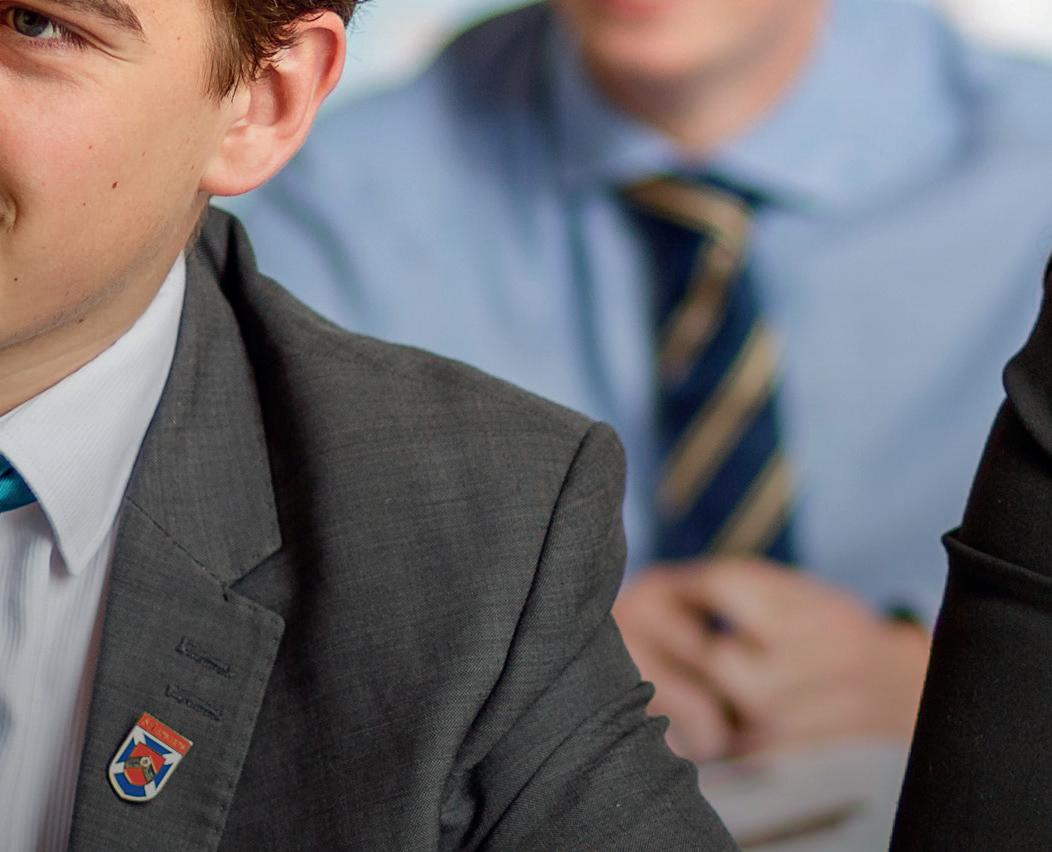
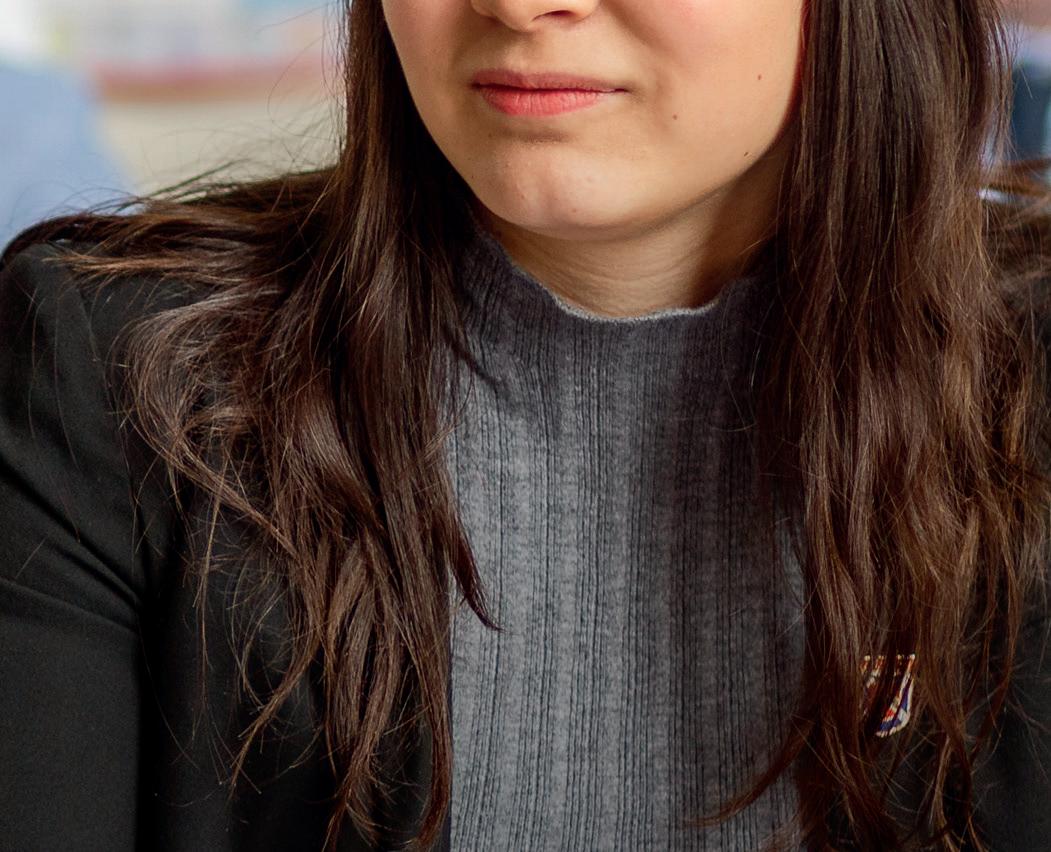



• A rigorous academic programme with a vocational element – at least two Diploma Programme subjects are taken alongside a career-related study (the BTEC qualification in Business).
• Global perspective – through the Language Development and Service Learning aspects of the CP Core, pupils are encouraged to develop international-mindedness and to make a meaningful difference in their local and global communities.
• Personal and Professional Skills – students develop skills, attitudes and strategies that will help them stand out when applying for jobs. For example, personal organisation, effective communication and intercultural understanding.
• Critical thinking skills – honed through a 3,000 word Reflective Project which focuses on an ethical issue which has arisen in their career-related studies.
• A flexible programme – the depth and breadth of subjects can be scaled up and down depending on the needs, backgrounds and contexts of each student.
Language Development
The Language Development course encourages students to grow in knowledge and appreciation of the language and culture of other people groups without the pressure of a written examination. Like all aspects of the CP, the course is incredibly practical in outlook, with an emphasis on developing vocabulary and confidence to be able to apply the language to travel, interview and business scenarios. Students gain knowledge of the language and culture of another country without the pressure of a written examination, instead logging their progress in a portfolio.
A forward-looking course which helps students develop the skills, attitudes and strategies that will be useful in the workplace. The course covers a whole host of topics. For example, in the ‘Who am I?’ unit, the pupils take the Keirsey Temperament Personality test to better understand themselves and their strengths and weaknesses; in the ‘How do I?’ unit, they develop problem solving, communication and digital literacy skills; and, in ‘The World and I?’ unit, they learn numeracy and finance skills.
Students identify, analyse, critically discuss and evaluate an ethical issue that has arisen in their career-related study. This culminates in an in-depth 3,000 word report with 1,000 words of reflections.
Service learning gives pupils the opportunity to develop and apply knowledge and skills which help them to identify and meet authentic community needs, whether that be through direct service, indirect service, advocacy or research. In doing so, they develop their sense of social responsibility and empathy for others.
& & Diploma courses - the subject options offered at St Leonards are as follows:
Group 2 (Language Acquisition): English, English A Language and Literature, German, French, Spanish, Latin, Italian, Italian Ab Initio. Please note that these subjects will only be available at Standard Level.
Group 3 (Individuals & Societies): History, Economics, Geography, Psychology
Group 6 (The Arts or Elective): Music, Visual Arts, Theatre Arts, Chemistry, Economics, Psychology, Geography Students must select at least two subjects at Standard Level, but in some cases may choose to take these subjects at Higher Level or add additional subjects.
Career-related study
BTEC Level 3 National Diploma in Business
IBCP core
Personal & Professional Skills (PPS)
Reflective Project
Service Learning
Language Development
All Career-programme students are required to study and complete all components of the IBCP core.
IB Career-related Programme Qualification
Diploma courses + Career-related Study + CP Core = IB Career-related Programme Qualification
At St Leonards, the following units are offered for the BTEC in Business:
1. Exploring Business – this unit focuses on the purpose of different businesses, their structure, the effect of the external environment and how a business must be dynamic and innovative to survive.
2. Developing a Marketing Campaign – this unit gives pupils the opportunity to develop their own marketing campaign for a given product or service.
3. Personal and Business Finance – this unit focuses on the skills and knowledge required to understand, analyse and prepare financial information.
4. Managing an Event – pupils investigate a number of successful events, both large and small, and then use this research to plan and run their own events.
5. International Business – in this unit, pupils study how UK businesses develop strategies to trade globally, and consider the factors that influence the implementation of these strategies, including the economic environment and cultural factors.
6. Principles of Management – pupils consider how the role of management and leadership in the workplace contributes towards business success. This unit prepares pupils for employment, and opens doors to careers in supervision and management, as well as further training or study.
In addition, pupils typically study the following additional units:
1. Market Research – in this unit, pupils undertake their own research project, interpret their findings, and produce a report.
2. Work Experience in Business – pupils complete approximately 40 hours of work experience. The pupils will develop key competencies needed for employability. For example, selfmanagement, team working, problem-solving and communication skills.
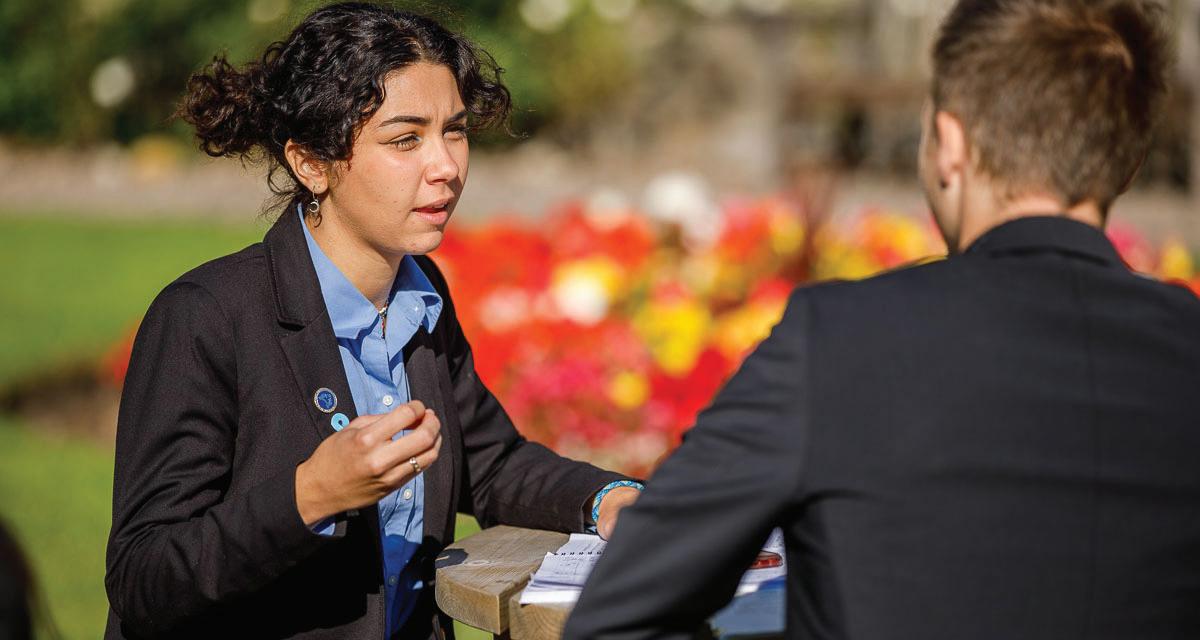
The subject options offered at St Leonards are given below:
Group 1: Language A
Group 2: Language B
English (SL and HL)
Chinese (SL and HL)
Italian (SL and HL)
German (SL and HL)
French (SL)
Please note, Language A options (except English) may be subject to additional tuition fees.
English (SL and HL)
German (SL)
Spanish (SL and HL)
Latin (SL and HL)
Italian (Ab Initio)
Chinese (Ab Initio), B (SL and HL)
Please note, Language B options may be subject to additional tuition fees.
Group 3: Individuals and Societies History (SL and HL)
Geography (SL and HL)
Economics (SL and HL)
Psychology (SL and HL)
Business Management (SL and HL)
Music (SL and HL)
Group 4: Experimental Sciences Physics (SL and HL)
Biology (SL and HL)
Environmental Systems & Societies (SL and HL)
Group 5: Mathematics
Group 6: The Arts
Analysis & Approaches (SL and HL)
Applications & Interpretations (SL)
Visual Arts (SL and HL)
Theatre Arts (SL and HL)
OR
Economics (SL and HL)
Chemistry (SL and HL)
Psychology (SL and HL)
Geography (SL and HL)
Business Management (SL and HL)
The award of the diploma also requires the successful completion of three core elements (Extended Essay, Theory of Knowledge and Creativity, Activity and Service) which lie at the heart of the programme.
We endeavour to run the courses listed above but availability is subject to demand.

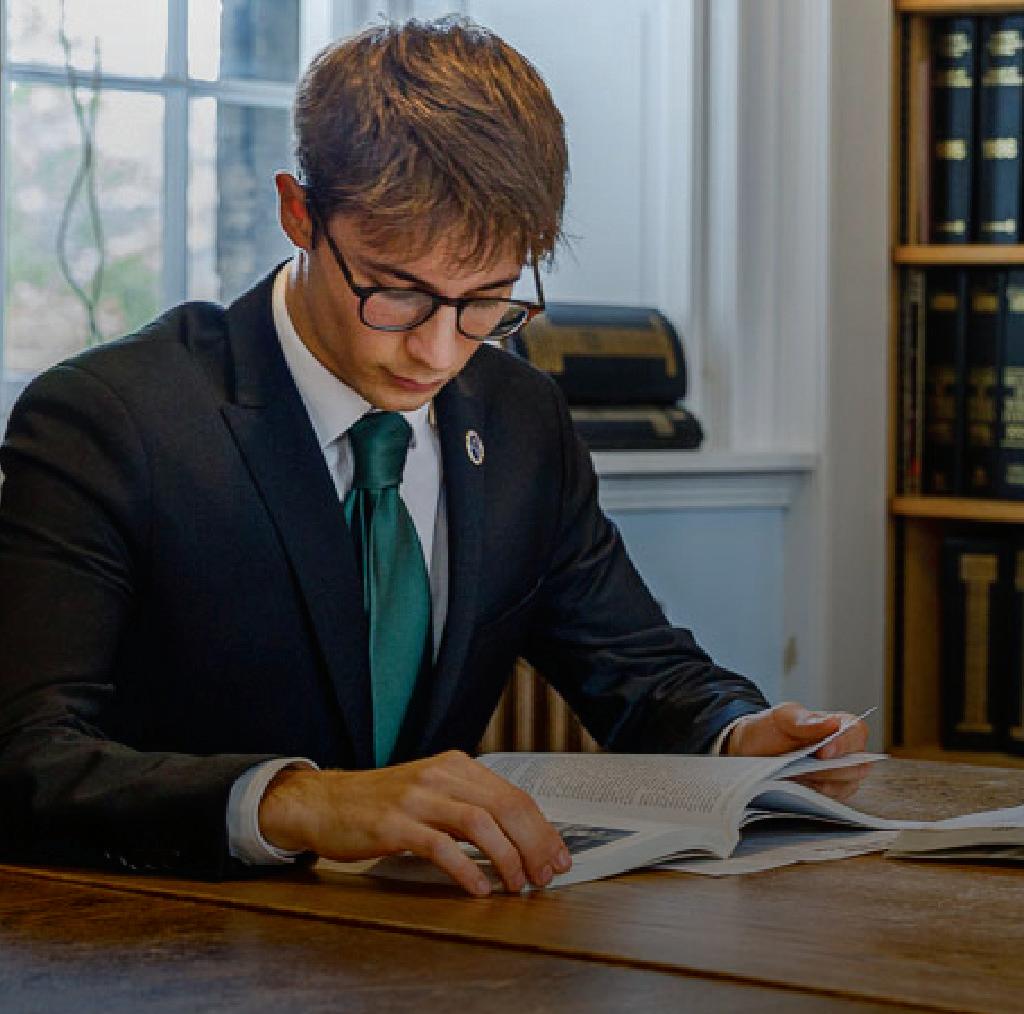
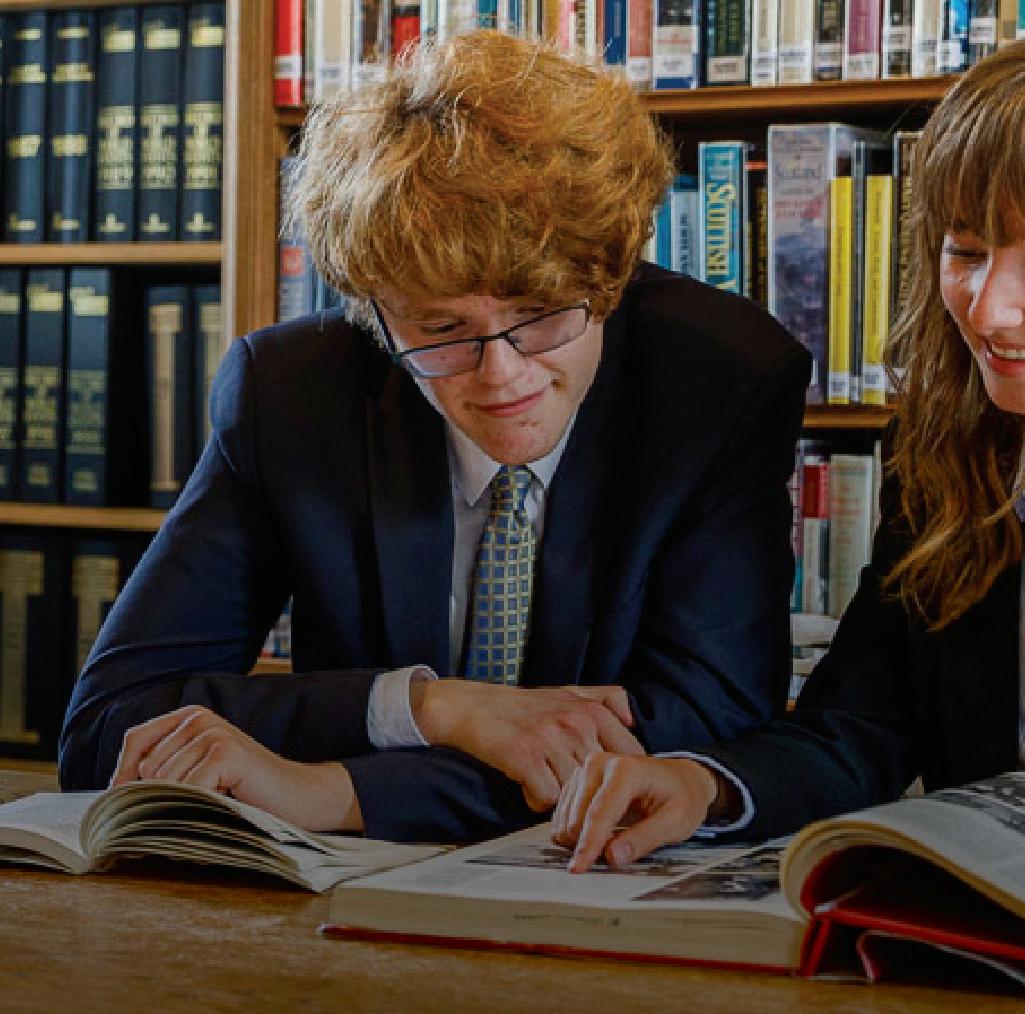

There are two different Language A courses: Literature (Group 1 only) and Language & Literature (Group 1 and Group 2). Both courses develop high levels of language competence and communication skills as well as social, aesthetic and cultural literacy.
Literature: this course focuses exclusively on literary works, adopting a variety of approaches to textual criticism. Pupils explore the nature of literature, the aesthetic function of literary language and textuality, and the relationship between literature and the world.
Language & Literature: this course covers a wide range of literary works and non-literary texts in a variety of media. By examining communicative acts across literary forms and textual types, pupils investigate the nature of language itself and the ways in which it shapes and is influenced by identity and culture.
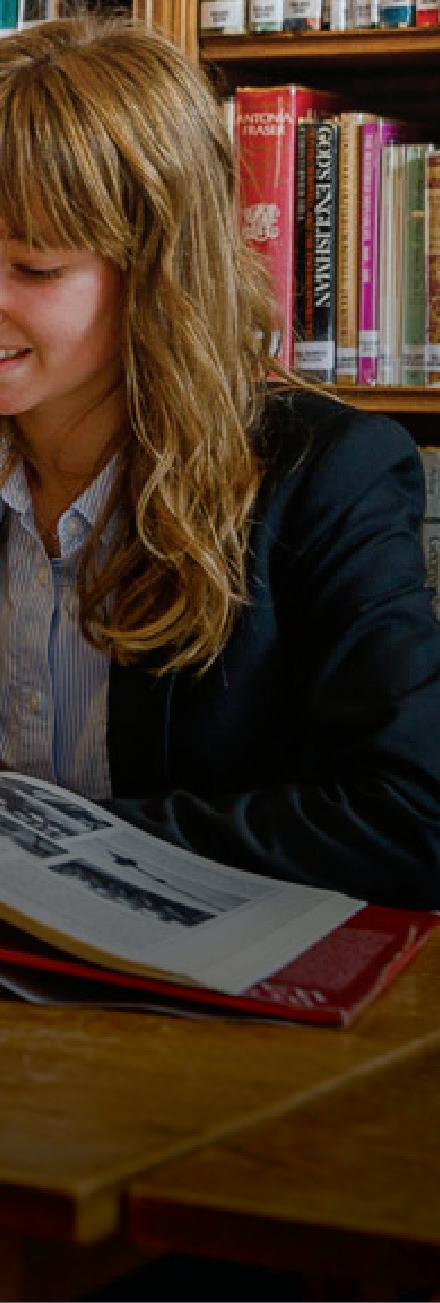
All Language A courses are divided into three areas of exploration: readers, writers and texts; time and space; and intertextuality and connecting texts. Within these areas of exploration, pupils explore five different fields of inquiry: culture, identity and community; beliefs, values and education; politics, power and justice; art, creativity and the imagination; and science, technology and the environment. In addition, the works and texts covered allow pupils to explore seven central concepts: identity, culture, creativity, communication, transformation, perspective, and representation. All courses are assessed by a combination of written examinations and internally-assessed individual orals. For those who take the course at Higher Level, there is also a coursework essay.
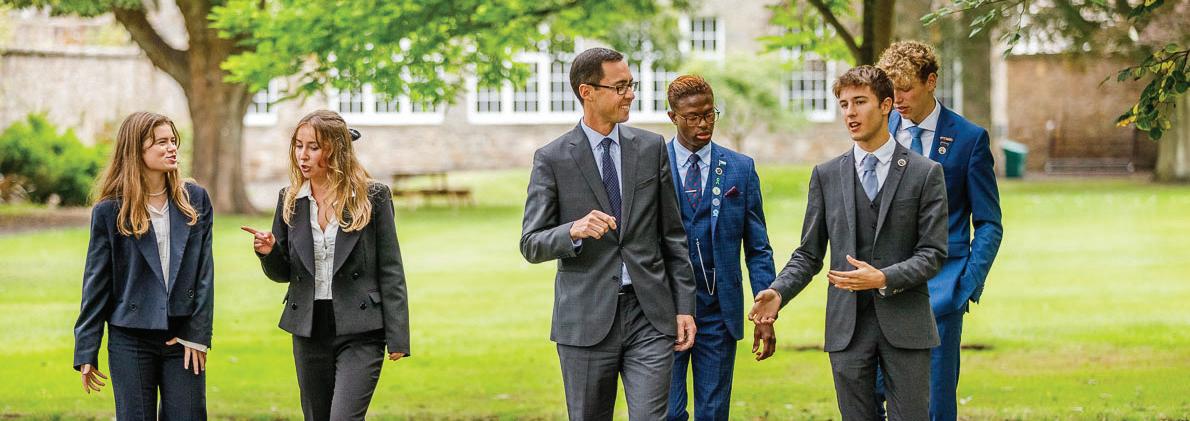
The Language B courses focus on effective spoken and written communication in the target language. Pupils explore a range of contexts, registers and styles of communication and study a variety of authentic texts. In addition, pupils develop an awareness of the culture of the countries where the target language is spoken.
Languages can be studied at three different levels:
• Ab Initio: this course is for those who wish to take a language as a beginner, with no or very little previous study. The standard reached at the end of two years is roughly equivalent to a grade 7, 8 or 9 at GCSE and, upon completion of the course, should be able to communicate confidently about everyday topics, complete short written tasks accurately, and have a broad knowledge of the life and culture of the country. Therefore, the course moves at a rapid pace and grammar is covered intensively from the outset.
• Standard Level: this is suitable for those who would like to take their language competency beyond GCSE level. Ideally, pupils will have gained the equivalent of a grade 6 - 9 at GCSE.
• Higher Level: this course is designed for those who are very competent in the target language, and intend to study languages at university level or work abroad. Ideally, pupils will have gained the equivalent of a grade 7 - 9 at GCSE.
There is an emphasis on grammar in all of the courses: pupils are supported to accurately handle the language system and select language appropriate to a particular cultural and social context.
All Language B courses are divided into five themes: identities, experiences, human ingenuity, social organisation, and sharing the planet. This ensures that pupils are able to speak and write about everyday topics such as family, food, shopping, health, travel, education and the environment.


The Classical Language courses give pupils the opportunity to encounter the culture of ancient Rome. By studying works from an ancient culture, pupils gain a broad historical perspective which, in turn, sheds light on their understanding of the world today.
Pupils must have studied Latin to GCSE or equivalent in order to choose either the Standard or Higher Level courses.
The study of language is focused around prose authors: Ovid and Cicero in Latin. This is complemented by grammatical studies which reinforce the knowledge acquired at GCSE. Pupils also read texts in original and translated forms.
For Latin, the selected passages are taken from the following texts:
• Vergil (Aeneid and Eclogues);
• History (Caesar, Livy);
• Love Poetry (Catullus, Horace, Ovid);
• Villains (Sallust, Livy, Virgil); and
• Social Criticism (Horace, Martial).
In addition to two written examinations, pupils undertake an internal assessment for which they select a classical topic of their choice to comment upon and link a series of extracts.
The study of History in the Sixth Form is centred on international mindedness, and the subject is studied through as wide a lens as possible. For example, pupils look at the Cold War through the differing perspectives of the USSR, China, the USA, Europe and Latin America, along with Cold War conflicts such as the Vietnam and Korean wars. Pupils also examine the civil rights and racial justice movements of the twentieth century, encompassing the South African Apartheid, indigenous people’s rights, Hispanic rights, and Feminist movements in both North and South America. Pupils also study authoritarian states and their leaders, including Mao, Castro, Pinochet and Peron.
The modules studied include:
• Rights and Protest – South African Apartheid and US Civil Rights;
• Twentieth-century Authoritarian States; and
• Cold War – Superpower Tensions and Rivalries.
At Higher Level, pupils also examine:
• Political Developments in Latin America (1945-80);
• The Cold War and the Americas (North and South, 1945-81); and
• Civil Rights and Social Movements in the Americas (North and South, post 1945).
These modules are assessed through written examinations at the end of the course. Pupils also complete an historical investigation on a topic of their choice.
In the DP Geography course, pupils seek to understand the differences in patterns and processes of human distribution, interrelationships between human society and the physical environment, people’s use of the Earth in time and space, and how these differences are related to people’s cultures and economies.
The core theme, ‘Geographic Perspectives –Global Change’, provides an overview of the geographic foundation for the key global issues of our time. The purpose is to provide a broad factual and conceptual introduction to the geography of population dynamics, climate change and resource consumption issues. The content is underpinned by four key concepts –places, power, processes, and possibilities – and each unit examines issues at different scales, from local to global, as well as the interaction between individuals, societies and physical processes. Pupils will study two or three of the following options, depending on whether they elect to do Geography at Standard Level or Higher Level:
• Freshwater – drainage basins;
• Oceans and coastal margins;
• Extreme environments;
• Geophysical hazards;
• Leisure, tourism and sport;
• Food and health; and
• Urban environments.
At Higher Level, pupils also study ‘Geographic Perspectives – Global Interactions’. This extension theme focuses on global interactions, flows and exchanges arising from the disparities that exist between places, and has a broader perspective than a more conventional study of globalisation that emphasises a linear process involving the domination and the imposition of Western culture on the world.
All pupils complete a compulsory fieldwork investigation which forms the basis of an internal assessment, and also sit written papers at the end of the course.
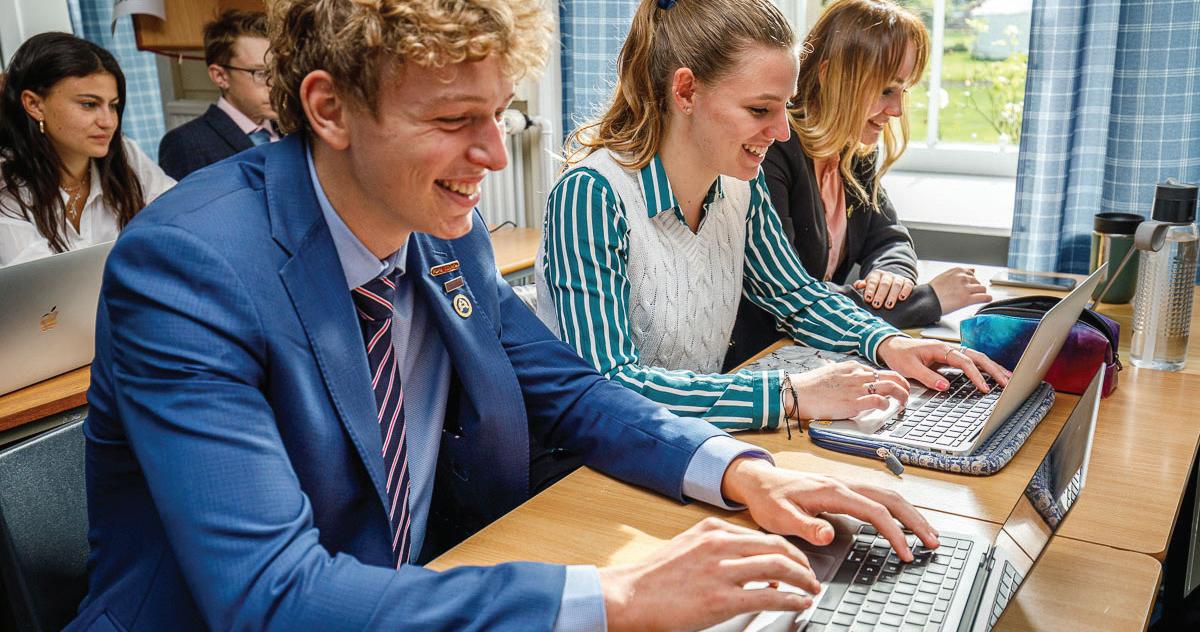
Economics aims to encourage systematic and critical study of how resources are allocated and to allow pupils to develop an understanding of microeconomic issues which affect individuals, firms and industries, as well as macroeconomic issues which impact societies, countries and governments. The course equips pupils to analyse and evaluate economic data, deploy a variety of skills and techniques to explain and analyse economic relationships, be that through structured writing, diagrams, or the interpretation and analysis of media extracts.
No prior knowledge is required for this course. There are four units:
• Introduction to Economics: What is economics?
How do economists approach the world?
• Microeconomics: demand; supply; market equilibrium; elasticity; government intervention in markets; market failure –externalities and public goods; market failure – asymmetric information (HL only); and market failure – market power (HL only).
• Macroeconomics: measuring economic activity; aggregate demand and aggregate supply; macroeconomic objectives; inequality and poverty; demand management (demand side policies); monetary policy and fiscal policy; and supply side policies.
• The Global Economy: benefits of international trade; types of trade protection; arguments for and against trade protection; economic integration; exchange rates; balance of payments; sustainable development; measuring development; barriers to development; and economic development strategies.
The course is assessed via two written papers and an internal assessment.
Psychology is the study of human behaviour – it aims to accurately define and describe the causes of behaviour so that people can practically understand, predict and change it. Pupils explore the course from a biopsychological (integrated) perspective, and are encouraged to engage with the course from the themes of self-awareness and personal achievement in order to make their study more meaningful to them as individuals. The main objectives are to:
• Describe, evaluate and compare different theoretical perspectives/approaches;
• Explain current topics and empirical research;
• Explain and evaluate basic psychological processes and the effects that contextual factors (such as culture and gender) have on them;
• Be aware of ethical codes and be able to evaluate ethical implications of research;
• Describe and apply research and statistical methods;
• Interpret and use graphs, charts and statistics;
• Access current psychological research using online periodical indexes; and
• Apply research and writing skills in papers and examinations.
No prior study of the subject is required. The course is examined through an internallyassessed experimental study and written examinations, which include both short answer and extended response questions.
Business Management looks at business functions, management process and decisionmaking within an organisation in contemporary contexts of strategic uncertainty. It examines how business decisions are influenced by factors that are both internal and external to an organisation, and how these decisions impact upon all its stakeholders. Additionally, the course explores how individuals and groups interact within an organisation, how they can be successfully managed, and how they can ethically optimise the use of resources in a world with increasing scarcity and concern for sustainability.
There are five units, all of which are underpinned by four key concepts: creativity, ethics, change and sustainability.
1. Introduction to Business Management
2. Human Resource Management
3. Finance and Accounts
4. Marketing
5. Operations Management
The course also equips students with a Business Management Toolkit, a set of theories and techniques that can be used by pupils to analyse and engage with content across all aspects of the course.
Please note, Business Management is not a vocational course, and no prior study of the subject is required.
The course is examined by written papers and an internal assessment which focuses on a real business issue or a problem facing a particular organisation.

What is the course about?
The IB Music course encourages inquiry into creative practices and performance processes. Music study develops listening, creative and analytical skills, as well as encouraging cultural understanding and international-mindedness. In this way, music is a catalyst for expanding critical thinking - a crucial life skill. Throughout the course, students are encouraged to explore music in varied and sometimes unfamiliar contexts and are challenged to engage practically with music as researchers, performers and creators.
Who is the course likely to suit?
Students who have studied at GCSE level are well-prepared for the course and it will of course suit students who want to go on and study Music in higher education as well as those who are seeking to broaden their musical and artistic perspectives. SL Music is adequate as a stand alone music qualification for general higher education entry, but those wishing to go on and study music as a specialist subject at University or Conservatoire should look to compliment their SL academic studies with a practical qualification on their primary instrument/voice equivalent to the level of ABRSM Grade 8.
What is the course content?
The course consists of three, intrinsically linked aspects:
• Exploring music in context
• Experimenting with music
• Presenting music
Each of these components are studied in terms of the student as researcher, performer and creator.
All Diploma pupils choose an experimental science course, whether that be Physics, Biology or Environmental Systems and Societies. Chemistry is also offered as part of Group 6.
Physics seeks to explain the universe from the very small to the very vast, from subatomic particles to the large- scale structure of the cosmos. Throughout the course, theoretical work is complemented by experiments and investigations.
Topics studied include: measurements and uncertainties; mechanics; thermal physics; waves; electricity and magnetism; circular motion and gravitation; atomic, nuclear and particle physics; and energy production. At Higher Level, pupils also explore wave phenomena; fields; electromagnetic induction; and quantum and nuclear physics.
Pupils also study one option from the following: relativity; engineering physics; imaging; and astrophysics.
It is often said that mathematics is the language of physics, and so competence in mathematics is an essential requirement for this course. Pupils intending to study Physics will usually choose Analysis and Approaches as their Mathematics course - exceptions to this should be discussed in advance with the Head of Physics. Access to a full version of Microsoft Excel, either on pupils’ school laptop or at home, is highly recommended.
Biology investigates the living world from every scale, from the biochemical reactions that are the essence of metabolism in cells, to the complex interactions that enable whole ecosystems to function. The course is designed to help pupils develop a broad understanding of biological principles, and pupils are encouraged to explore much of this through practical investigations, experiments, simulations and analysis of databases. The themes studied include: unity and diversity, form and function, interaction and interdependence, and continuity and change. Each theme will be explored at four scales: molecules, cells, organisms and ecosystems. This encourages students to identify similarities between different elements of their learning, making their understanding of core Biological principles transferrable. As part of their study of Ecology, all pupils go on a compulsory residential field trip.
The Chemistry course covers a wide range of themes, and allows pupils to gain a firm grounding in the essential principles of the subject and to develop traditional practical skills and techniques. Although Chemistry is a Group 4 subject, it is timetabled in Group 6 to provide flexibility in course selection and scheduling.
Topics include: stoichiometric relationships; atomic structure; periodicity; chemical bonding and structure; energetics and thermochemistry; chemical kinetics; equilibrium; acids and bases; redox processes; organic chemistry; measurement and data processing. At Higher Level, pupils also explore: the Periodic Table – the transition metals and measurement and analysis.
Pupils also study one option from the following: materials, biochemistry, energy and medicinal chemistry.
The ESS course is a complex and contemporary subject that engages students in the challenges of 21st century environmental issues.
The course aims to promote understanding of environmental processes and to provide a body of knowledge, methodologies and skills that can be used in the analysis of environmental issues at local and global levels.
Topics include: ecosystems and ecology; biodiversity and conservation; water and food production systems; soil systems; atmospheric systems; climate change and energy use; and human systems and resources use.
HL students will also study; Environmental Law, Environmental and Ecological Economics, and Environmental Ethics.
The course is taught in a practical, handson manner. In addition to their internal assessment, pupils are required to complete 20 hours of practical work. Previous cohorts have investigated proposed offshore seaweed farms, considered the intrinsic value of an ecosystem at the Eden Estuary, near St Andrews, and explored the impact of pollution on freshwater species at Kindrogan Field Studies Centre.
The course is assessed through an internal assessment and external written examinations.
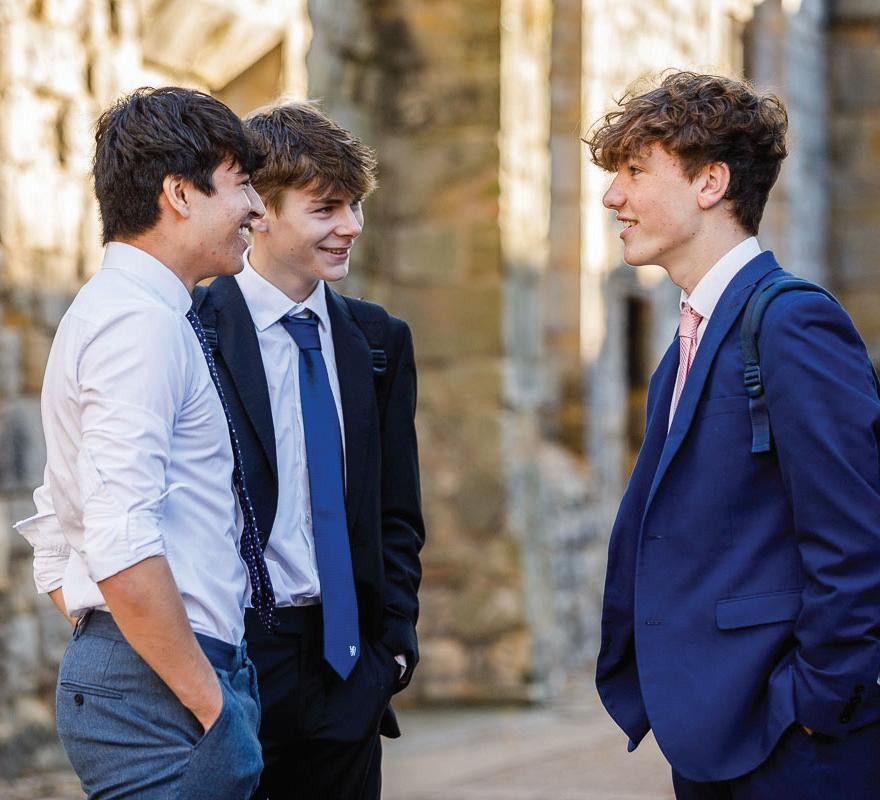

Two courses are available in Mathematics: Analysis & Approaches or Applications & Interpretations. Both focus on number and algebra, functions, geometry and trigonometry, probability and statistics, and calculus.
Analysis & Approaches
(Standard Level and Higher Level)
This course is appropriate for those pupils who enjoy developing their mathematical skills and who are aiming to become fluent in the construction of mathematical arguments and develop strong skills in mathematical thinking. These pupils will be fascinated by exploring real and abstract applications of these ideas, with and without the use of technology. It is designed for those pupils interested in pursuing Mathematics, Engineering and the Physical Sciences at university level, and who have achieved at least a grade 8 in GCSE Mathematics or equivalent.
Key features include:
• Emphasis on algebraic methods;
• One non-calculator paper with a focus on exact values (fractions and surds);
• More abstract problems, with a focus on demonstrating an understanding of the mechanics of mathematics.
This course is examined by one non-calculator paper and one calculator paper and an internal assessment.
Please note, pupils who chose Higher Level Analysis & Approaches are required to take four Higher Level subjects until at least the end of the Autumn Term.
(Standard Level only)
This course is designed for pupils who enjoy describing the real world and solving practical problems using mathematics – for those who are interested in harnessing the power of technology alongside exploring mathematical models.
It is intended for pupils who enjoy mathematics best when seen in a practical context, who are interested in pursuing Arts subjects at university level.
Key features include:
• Emphasis on modelling and statistics;
• Extensive use of calculators and working with decimals; and
• Problems from real life, with a focus on using technology to solve them and then interpret the results.
This course is examined by two calculator papers and an internal assessment.
When choosing between the courses, consider:
• Your ability in Maths;
• The type of Maths in which you can be most successful;
• Your own interest in Maths and the particular areas that hold the most interest for you;
• Your other choices within the IB Diploma Programme or Career-related Programme; and
• Your academic and career plans.
We also recommend that you speak with your current Mathematics teacher for advice.
Please note, both courses require the use of a Graphical Display Calculator (GDC). The Department recommends the TI Nspire CX II-T – this is the software used in the classroom for teaching and learning.
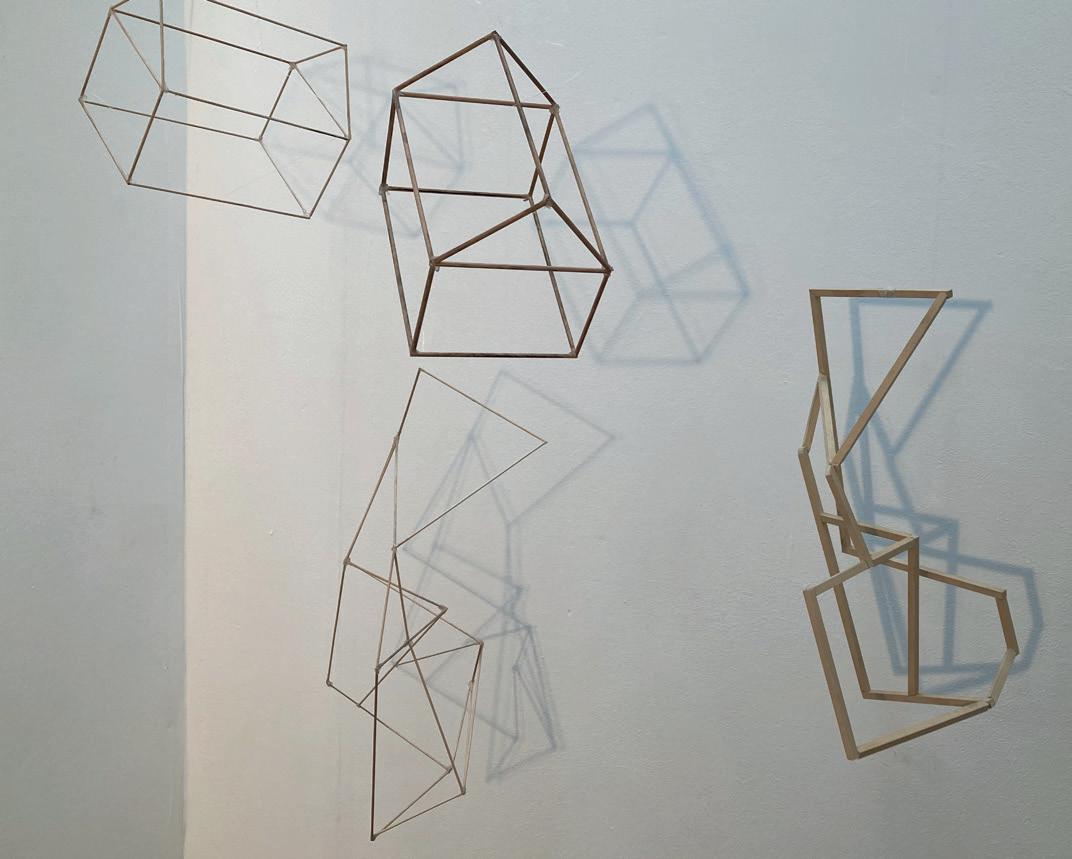
Please note that, instead of the Arts subjects described in the following pages, you may choose one of the following courses, which have previously been described:
Economics (Higher & Standard Level)
Chemistry (Higher & Standard Level)
Psychology (Higher & Standard Level)
Geography (Higher & Standard Level)
Business Management (Higher & Standard Level)
Arts
The Visual Arts course encourages pupils to challenge their own creative and cultural expectations and boundaries. Pupils develop analytical skills in problem-solving and divergent thinking, while working towards technical proficiency and confidence as art-makers. In addition to exploring and comparing visual arts from different perspectives and in different contexts, pupils are expected to engage in, experiment with and critically reflect upon a wide range of contemporary practices and media. Throughout the course, pupils are expected to work with a variety of different artmaking and conceptual forms.
There are three interrelated areas of the syllabus:
1. Visual Arts in Context – pupils are encouraged to explore perspectives, theories and cultures that inform visual arts practice, to research, understand and appreciate a variety of contexts and traditions and to be able to identify links between them.
2. Visual Arts Methods – the exploration and acquisition of skills, techniques and processes through engagement with a variety of media and methods.
3. Communicating Visual Arts – this area of the syllabus requires pupils to investigate, understand and apply the process involved in selecting work for exhibition and public display. The candidates make decisions about the selection of their own work for their final exhibition.
The course is assessed through a written comparative study of artworks by different artists, a process portfolio and an exhibition, including a curatorial rationale.
The Theatre course aims to help pupils appreciate and understand theatre in a worldwide context. Whilst a proportion of the course is practical in nature, it is very much an academic course. We recommend that those selecting Higher Level have previous experience of GCSE Drama (or equivalent), and have an interest in pursuing the study of theatre beyond school.
The syllabus covers three interrelated areas – presenting theatre, theatre in context, and theatre processes – and pupils are required to approach these areas from the perspectives of creators, designers, directors and performers.
The course is assessed by three externallyassessed and one internally-assessed tasks:
1. Solo Theatre Piece (Higher Level only) –pupils research a theatre theorist, identify an aspect of their theory, and then create and present a solo theatre piece based on this aspect of theory.
2. Production Proposal (IA) – pupils choose a published play text and develop ideas regarding how the entire play could be staged for an audience.
3. Research Presentation – pupils plan and deliver an individual presentation to their peers in which they present and physically demonstrate their research into a convention of their chosen world theatre tradition.
4. Collaborative Project – pupils collaboratively create an original piece of theatre for and to a specific target audience, created from a starting point of their choice.
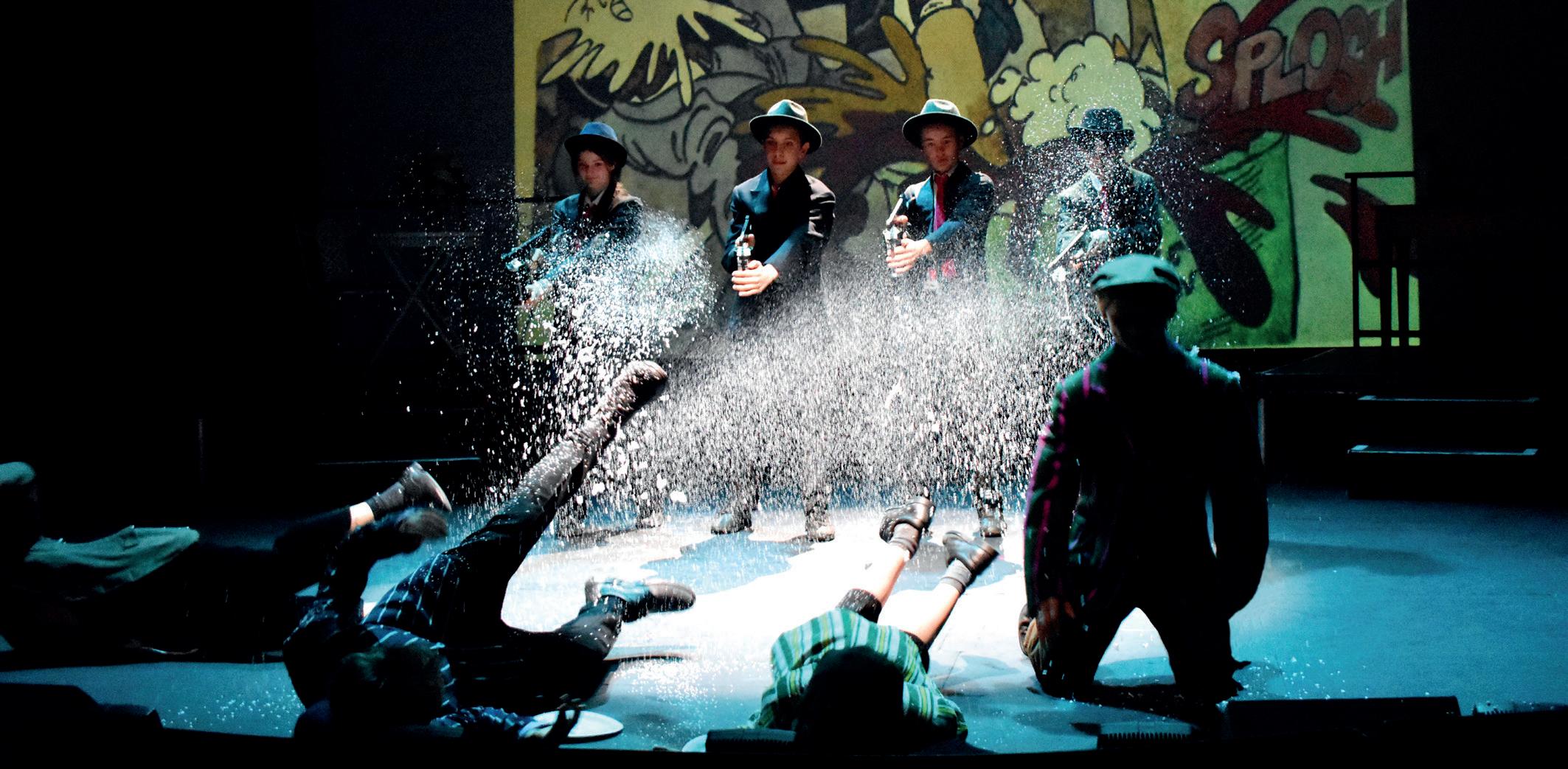

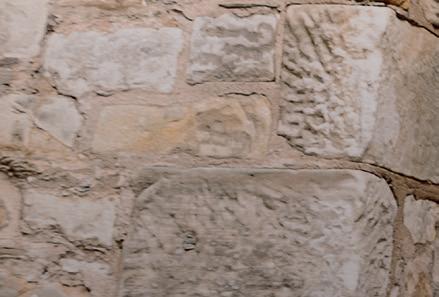

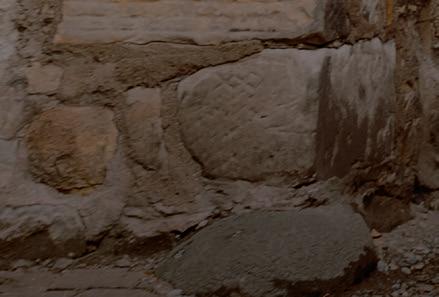

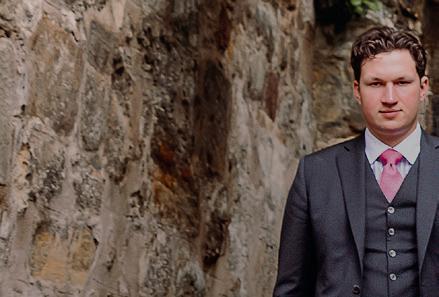

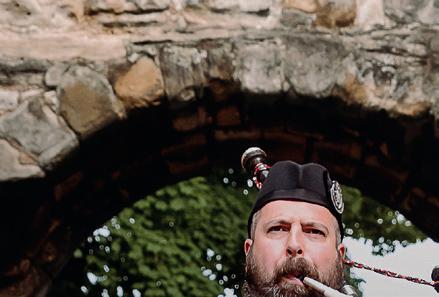
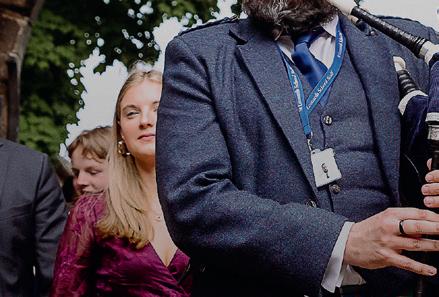
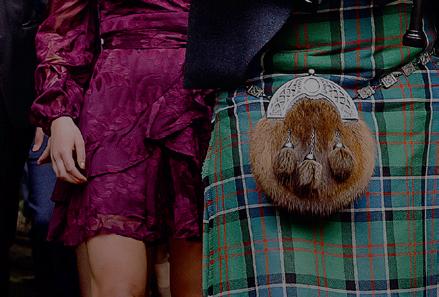
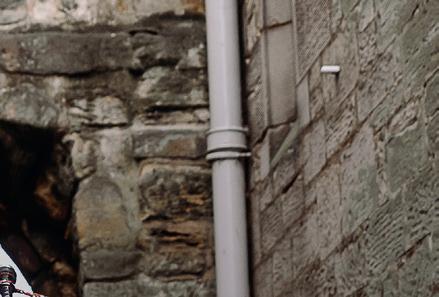


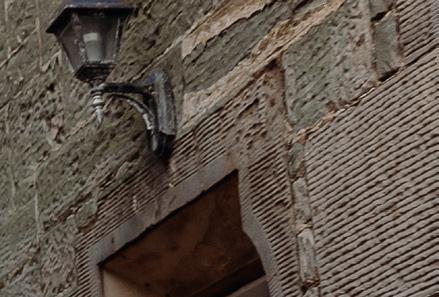

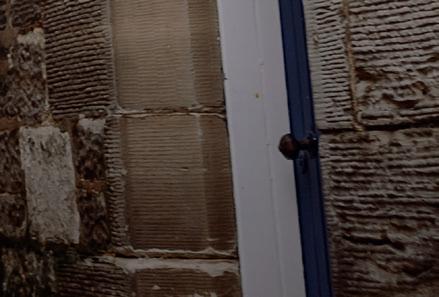


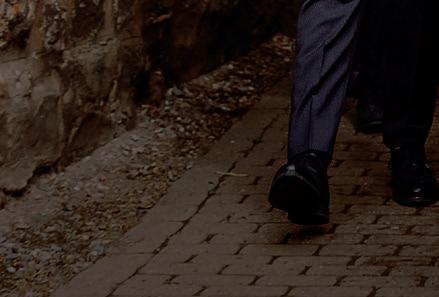

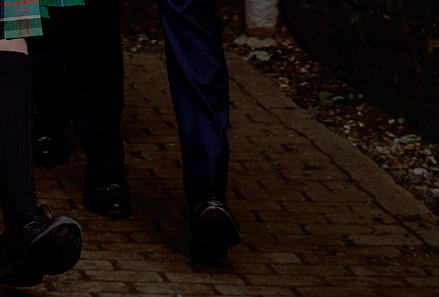


The Sixth Form at St Leonards culminates, for both CP and DP pupils, with a series of celebrations in school. From the end of exams in May, our leavers will embark upon a packed programme of activities, skills and careers workshops, and trips, with special events including the annual Leavers’ Concert, Prizegiving in the Younger Hall - at which they walk the same stage as graduands of the University of St Andrewsand the fabulous Leavers’ Ball.
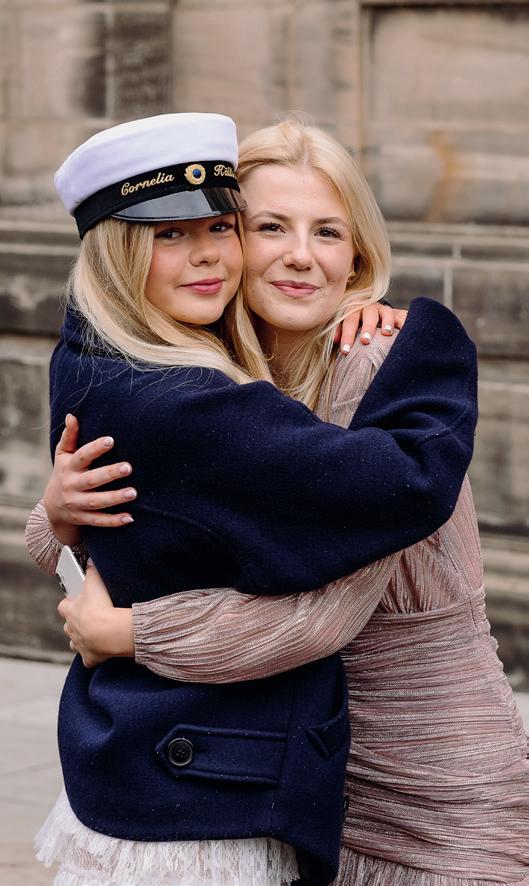

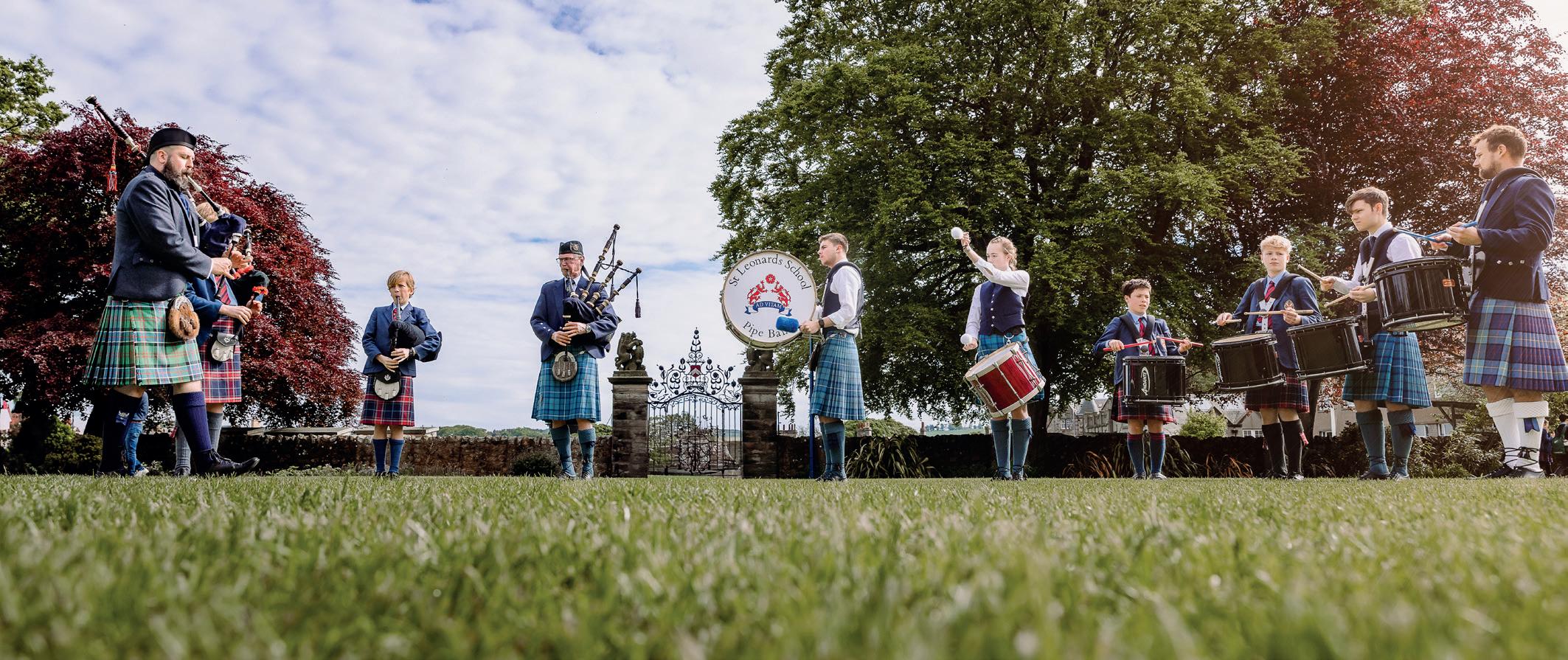
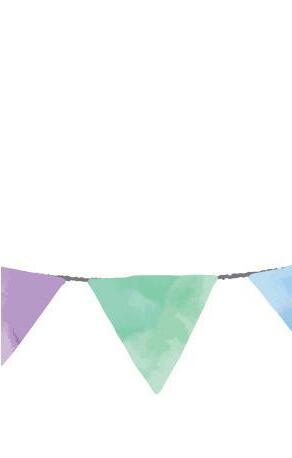

CP & DP, completed!
Sixth Form Celebrations

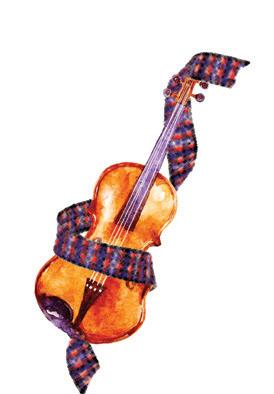
Prizegiving & Leaversʼ Ball


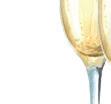
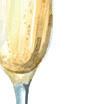
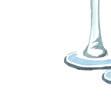
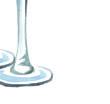
Results Days St Leonards Seniors
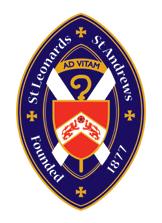


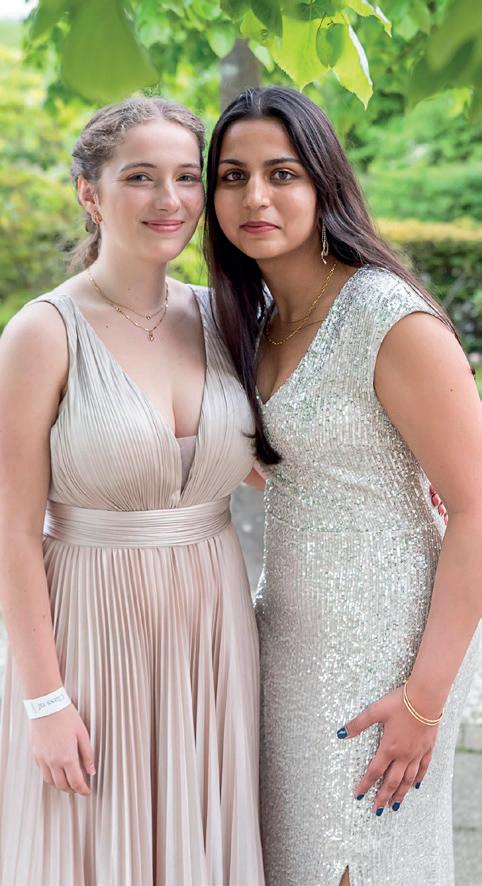
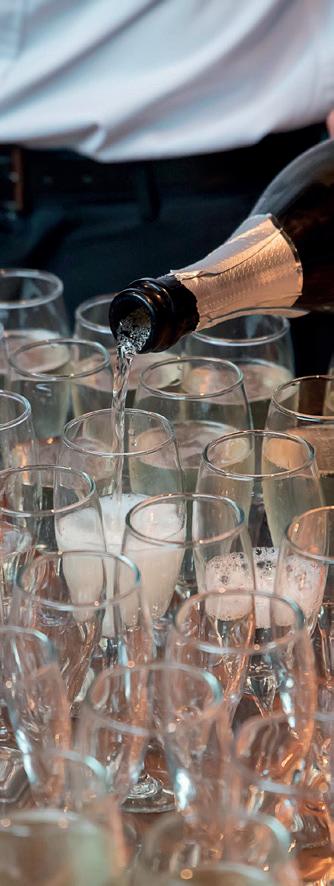
Each examined subject is graded on a scale of 1 (minimum) to 7 (maximum). You must meet defined standards and conditions including a minimum total of 24 points and the satisfactory completion of the Extended Essay, the Theory of Knowledge course (TOK) and CAS (Creativity, Action and Service) activities. The maximum score of 45 includes 3 points for the combination of the Extended Essay and work in TOK. If you fail to satisfy all requirements you will be awarded a certificate stating the results of the examinations completed.
The diploma is awarded to candidates with 24 points or more, providing that
• Grades are awarded in all 6 subjects
• TOK and EE have been submitted and assessed above failing condition
• CAS requirements have been completed
• There is no Grade 1 in any subject and level
• Grade 2 is not awarded three or more times
• Grade 3 or below has not been awarded four or more times
• At least 12 points are scored in HL subjects
• At least 9 points are scored in SL subjects
• The final Award Committee has not confirmed malpractice
A Bilingual Diploma is awarded to a candidate who Takes 2 Language A courses or
Takes examinations in at least one of the subjects from Groups 3 or 4 in a language other than their Language ‘A’.
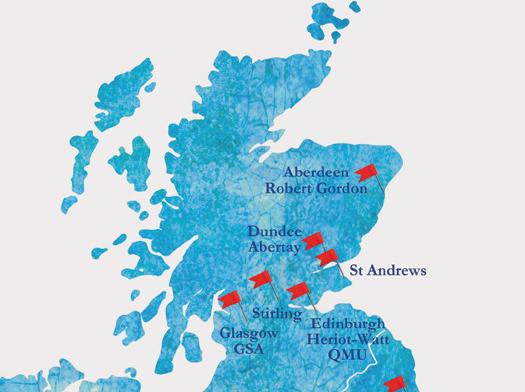
At St Leonards, the Career-related Study (CRS) aspect of the IBCP is BTEC Business. BTEC qualifications are graded on a scale of Distinction*, Distinction, Merit, Pass. Pupils will receive two grades with D*D* being the highest and PP being the lowest. This National Diploma is equivalent to 2 A levels. BTEC results are published in August each year. IBCP students must study a minimum of two Standard Level (SL) IB subjects; these results are published in July.
The IBCP is awarded if:
• The candidate has completed the specified career-related study.
• The candidate has been awarded a grade 3 or more in at least two of the subjects registered for the CP.
• The candidate has been awarded a grade of at least D for the reflective project.
• All personal and professional skills, service learning and language development requirements have been met.
• The candidate has not received a penalty for academic misconduct from the Final Award Committee.



Our pupils pursue higher education across the globe, reflecting a broad range of aspirations and a commitment to academic excellence. Each year, approximately onethird attend Scottish universities, another third continue their studies elsewhere in the UK, and the final third embark on their academic journeys at international institutions. Recent university destinations include the University of Cambridge, the University of Oxford, King’s College London, the University of St Andrews, Hult International Business School and the University of Edinburgh.
“The CP is a rounded programme that ticks all the boxes – my child has been completely engaged because she enjoys her subjects. It’s the best thing she’s ever done.”
“My daughter has gained confidence and presence in herself. It’s been wonderful to see her leadership skills come to the fore in the past two years. The CP has prepared her and grounded her for what will come next.”
“The DP has given my child the tools needed to manage whatever life throws at them.”
“The CP has really opened my eyes to the options open to me once I leave school, whether that be universities, apprenticeships or the workplace.”
“The CP has pushed me outside of my comfort zone and has made me try new things –which is the best way to grow! I have learned more about myself through personality tests, how to analyse body language, interview skills, as well as developing emotional intelligence, problem-solving and leadership skills.”
“The [CP is the] perfect combination of practical and academic work.”
“The DP makes you develop your organisational skills and gives you confidence to learn independently – skills that will undoubtedly benefit us at university and in life beyond school.”
“The range of subjects on offer is great for keeping your options open if you are unsure about what to study after school. We also have the ability to specialise in the subjects we like by taking them at Higher Level.”
“The DP allows our teachers room and time to go into depth on each topic, keeping the subjects we take both challenging and interesting.”
“The Sixth Form at St Leonards is everything to look forward to.”
“The Sixth Form gave me opportunities to make friends with people from all over the world with whom I have connections for life. ”
“DP students are well-rounded, multifaceted and multiskilled. ”
“The International Baccalaureate programmes’ emphasis on critical thinking skills, increased content and an interdisciplinary approach to education not only prepare students for success at the post-secondary level, but also for life and the world of work. ”
“When we see a job applicant with the CP, we know they’re going to be work-ready. ”
“CP students excel when it comes to relating theory to the professional settings they’re likely to go on to experience. ”


St Leonards School, St Andrews, Scotland KY16 9QJ
Tel : 01334 472126 | registrar@stleonards-fife.org | stleonards-fife.org